Archives
The Archives at Wesley are a wonderful place, full of artefacts and items of historical significance, many of them valuable to the history of Wesley, but also others that tell a story of early Melbourne.
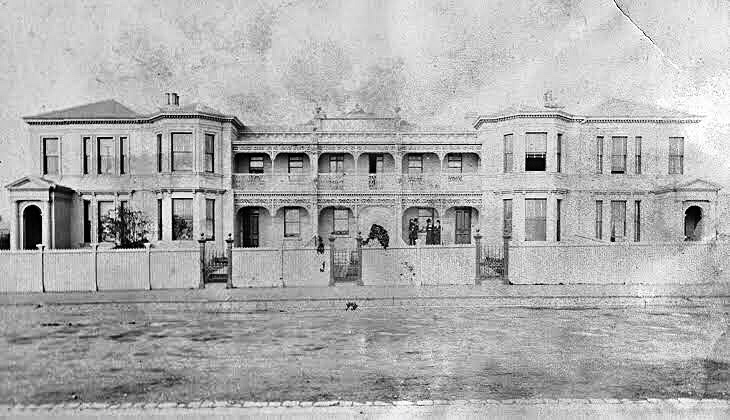
A few weeks ago, a very kind lady let us know she wanted to donate two prize books back to Wesley. She said they were very old and belonged to someone in her family. When they arrived, we had a close look and researched the boy who received the prizes. His name was William Edward Johnston. His story is intertwined with that of early Melbourne, after the Gold Rush of the 1850s.
William started at Wesley in 1868, aged 11 and as student number 193. His brothers George Alfred and Stuart would follow in 1870 and 1872 respectively. His father was James Stewart Johnston, and his address given as Craiglee, Sunbury.
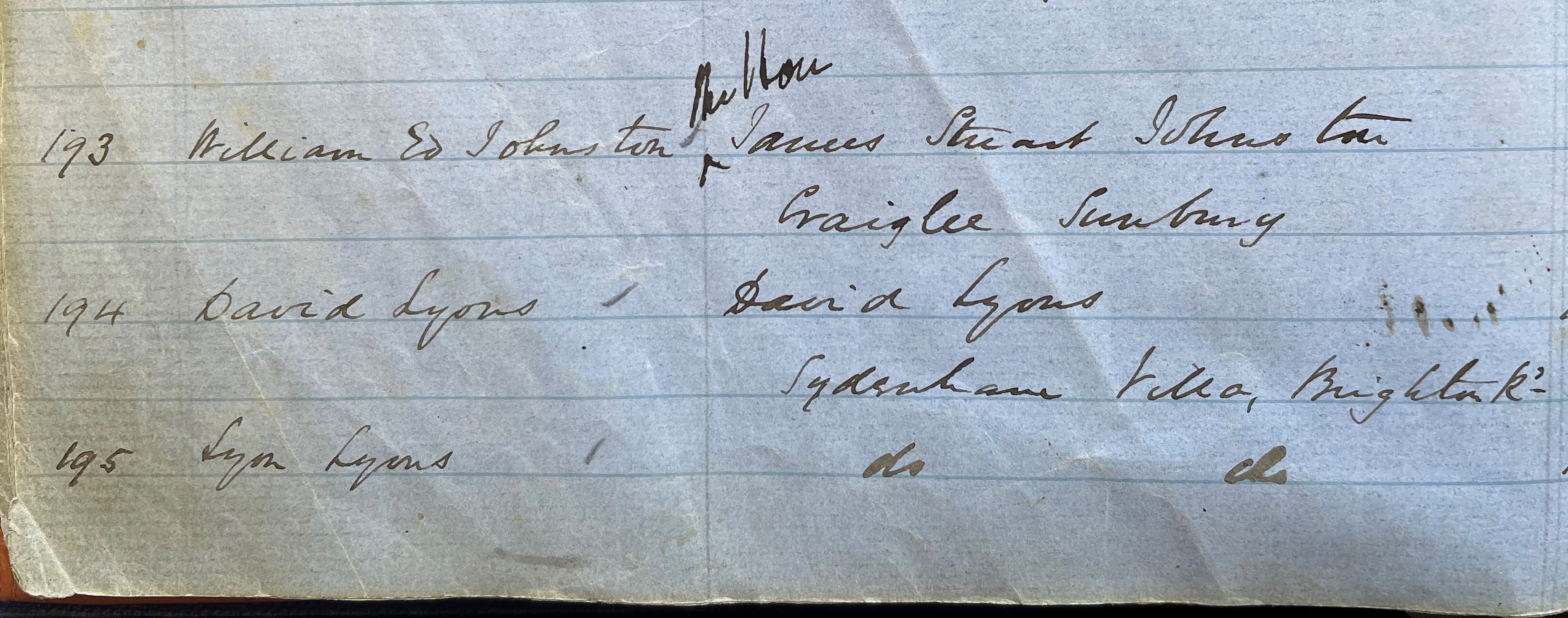
William’s father James was an energetic and vocal Scottish migrant who arrived in Melbourne in 1840. He co-owned and then later became the general manager of the Argus daily newspaper.
He spoke publicly and persuasively in favour of separating Port Philip from New South Wales, and against transportation of convicts. He built ‘Marli Terraces’ in St Kilda on the Esplanade and lived there for periods of time.
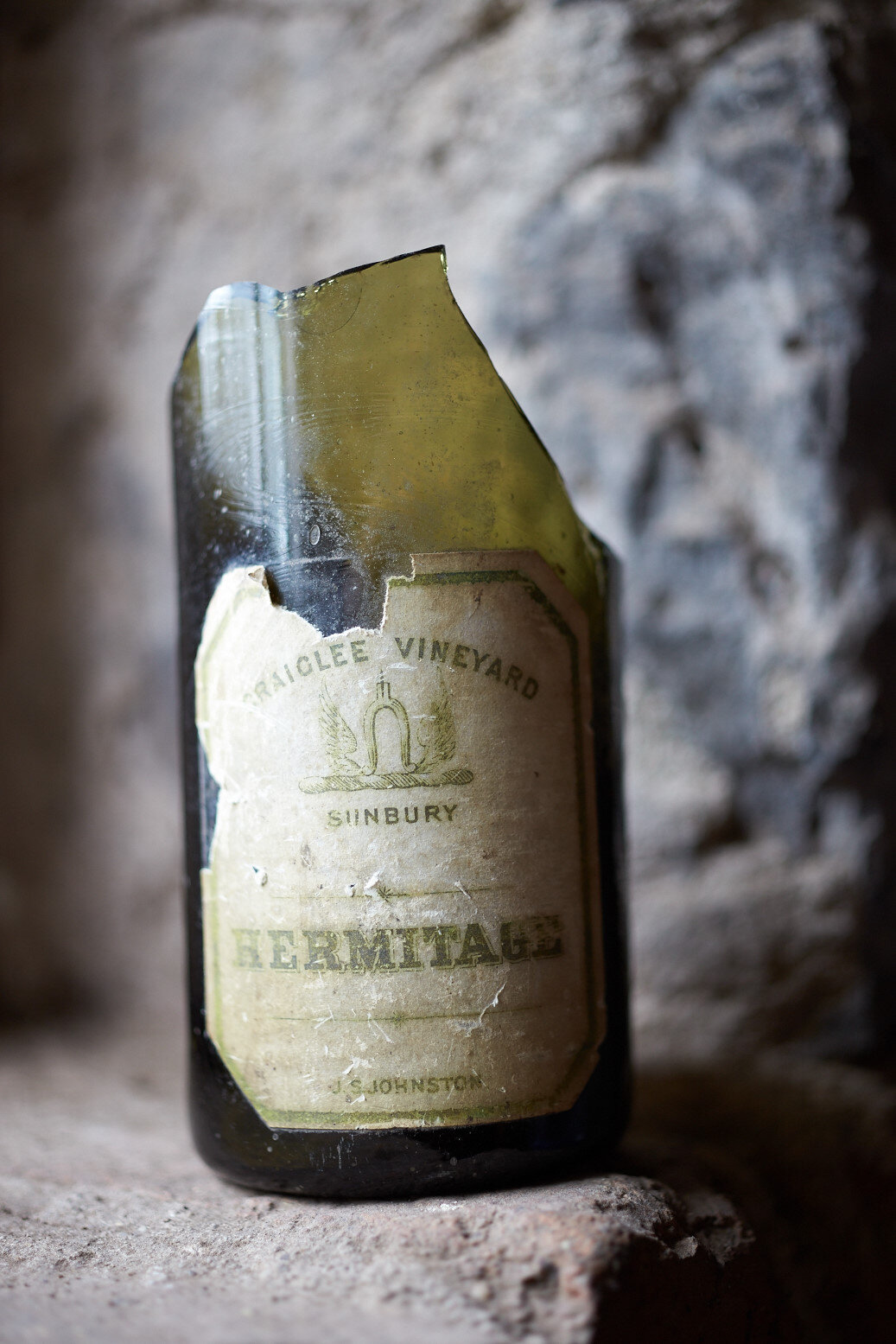
He became active in politics and was commissioner of several portfolios, including Education. As early as the 1850s, he argued for a National Education system. Quite possibly, it was his concern for education, together with his involvement with the Argus newspaper, that Dux of the College was awarded the Argus Prize, ‘a gift of the proprietors’.
It is because of his political activities that a street that runs from Collingwood to Fitzroy was named after him – Johnston Street. He had achieved all this and bought land in Sunbury to plant vines by the time young William came to Wesley. Although William did not take on viticulture, his brothers did and the winery prospered. Craiglee is still going today.
William clearly did well at school, having been awarded a book in 1869 inscribed ‘Special Prize for highest percentage of marks for classes 3, 4, 5 and 6’… in effect, Dux of the Junior School. It was titled The World of Ice, the Whaling Cruise of the Dolphin. Again in 1870, he was awarded Second Prize for English and Writing, a book on The Works of Flavius Josephus. Perhaps not surprisingly, the books are in excellent condition: it seems the dense texts might not have appealed to a young boy.
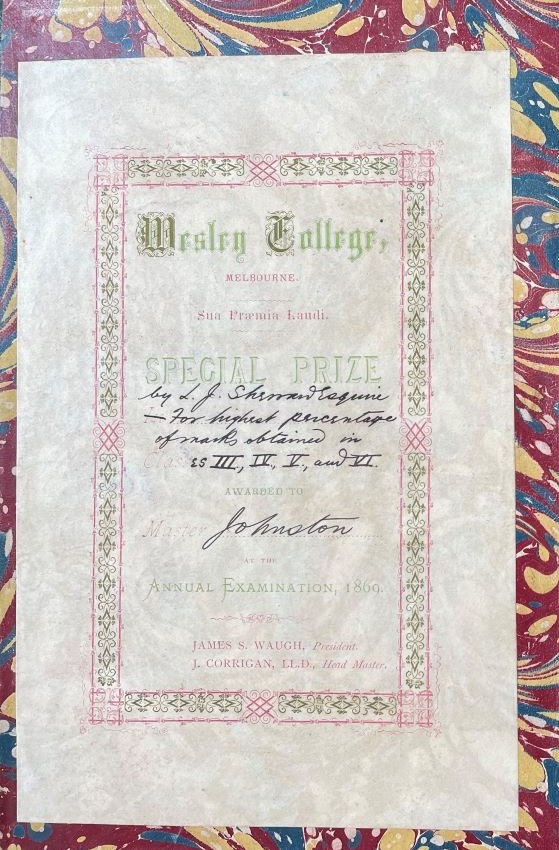
The bookplates themselves tell of an earlier Wesley history – the school motto is different. The Chronicle of 1925 records that Sapere Aude was used from the first Prospectus, but Sua Praemia Laudi was only used for Prize books from 1866 to 1875. It is a quote from the Roman poet Virgil in his book Aeneid I, and means ‘Merit has its own reward’, a fitting motto as a reward for excellence.
William left Wesley and went to study, gaining his Bachelor of Arts in 1876 followed by his MA and LLB. He remained very attached to his old school and was elected President of the first OWCA in 1882. Despite its well-attended social events, the Association was short-lived and disbanded after two years, to be revived 12 years later.
He had a successful career as a County Court judge, married Clara Wallace and had a family, living at Ballark in Toorak. His family were linked to many other notable families at the time, including the Wallaces and Clarks who were involved in racing and farming. He died at his home in 1919. Sadly, his first son died young, but his second son, also named William, became a doctor, serving with distinction in both world wars.
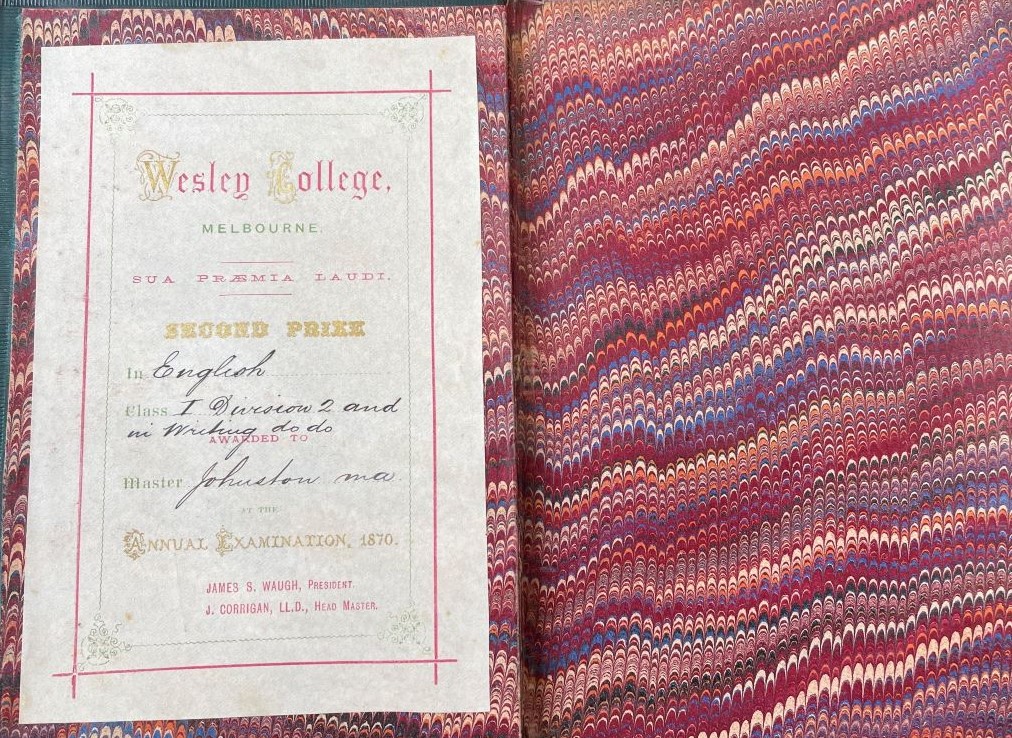
The people may have passed on but through a street, a winery, and two leather-bound books, their memory lives on.
Margot Vaughan, Curator of Collections
Do you have something to contribute?
We often receive requests from family historians and welcome the opportunity to add information about past students, families and events to our database. If you have information that you would like to share or something of historical significance that you would like to donate to the Wesley community, please contact archives@wesleycollege.edu.au
